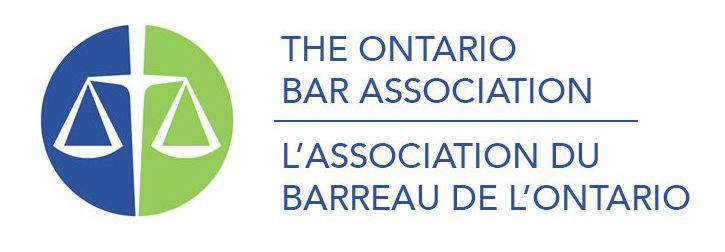Key Steps to Creating an Effective Estate Plan
Creating an effective estate plan is a crucial step in ensuring that your assets are distributed according to your wishes and that your loved ones are taken care of after you're gone. It involves careful consideration of various factors and requires a thoughtful approach. Here are key steps to guide you through the process of crafting a comprehensive estate plan.

Assess Your Assets and Liabilities:
- Begin by taking stock of your assets, including real estate, investments, bank accounts, and personal property. Consider your debts and liabilities as well.
Identify Your Beneficiaries:
- Clearly identify the individuals or organizations you want to benefit from your estate. This may include family members, friends, or charitable organizations.
Choose an Executor:
- Selecting a trustworthy and reliable executor is a critical decision. This individual will be responsible for carrying out the instructions in your will, managing your estate, and ensuring that your wishes are fulfilled. Discuss your choice with the person beforehand to ensure they are willing and capable of fulfilling the role.
Draft a Will:
- A will is a foundational document that outlines such things as how your assets should be distributed and who will care for any minor children. Work with a qualified lawyer to draft a legally sound will that reflects your wishes accurately.
Consider a Trust:
- Trusts can provide more control over the distribution of your assets. Depending on your specific situation, you may want to establish a trust to manage assets for minor children or individuals with special needs.
Review and Update Regularly:
- Life circumstances change, and it's important to revisit your estate plan regularly. Events such as marriage, divorce, the birth of children, or significant changes in your financial situation may necessitate updates to your plan.
Designate Power of Attorney for Property and Personal Care:
- In the event that you become incapacitated, having a power of attorney in place allows someone you trust to make financial and medical decisions on your behalf. Choose individuals who understand your values and preferences.
Plan for Taxes:
- Be mindful of the potential tax implications of your estate plan. Consult with a tax professional to explore strategies that can help minimize tax liabilities for your beneficiaries.
Work with Professionals:
- Consulting with an experienced estate planning lawyer, financial advisor, and tax professional is essential. They can provide valuable insights, ensure legal compliance, and help you make informed decisions about your estate.
By following these key steps, you can create an effective estate plan that provides for your loved ones, preserves your legacy, and minimizes potential conflicts. Remember, an estate plan is a living document that should be regularly reviewed and adjusted to reflect changes in your life and financial situation.
Disclaimer: This work provides general information and is not intended to provide legal advice. Readers are cautioned to obtain legal advice specific to their circumstances. Sekhon Legal Services accepts no responsibility for any errors or omissions, and expressly disclaims any such responsibility.










